Whittling down the wait list: Missouri S&T researcher’s AI kidney allocation software gains traction
Posted by Kaitlin Brothers
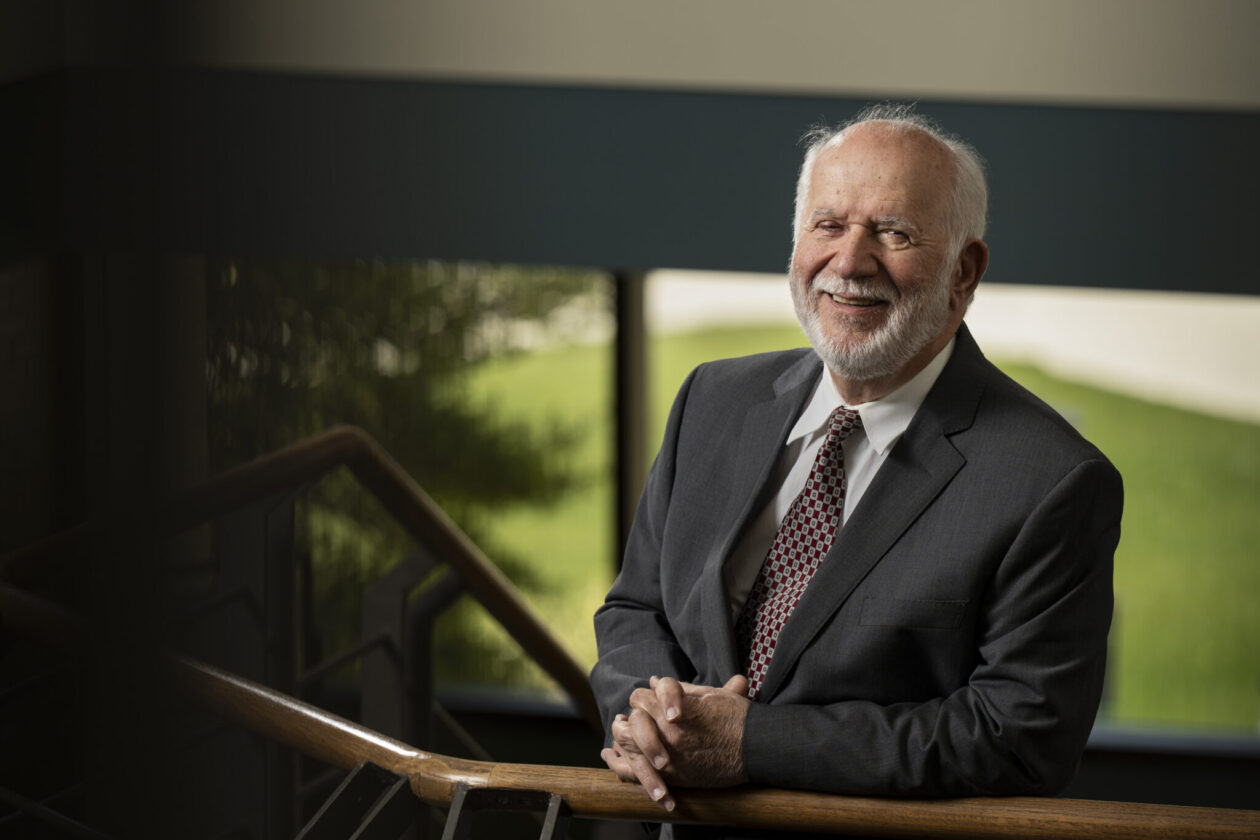
Dr. Cihan Dagli, professor of engineering management and systems engineering at Missouri S&T, helped develop software that uses AI to speed up the allocation of kidney donations, enabling more kidneys to get to patients. Photo by Blaine Falkena/Missouri S&T.
Nearly 90,000 people in the U.S. are waiting for kidney transplants, yet a large number of kidneys never reach a recipient. Researchers from Missouri S&T are improving that with artificial intelligence.
Dr. Cihan Dagli, professor of engineering management and systems engineering; Dr. Richard Threlkeld, who earned a Ph.D. in systems engineering from S&T; and Dr. Lirim Ashiku, research associate at S&T, created an AI software to improve kidney allocation, assisting organ procurement organizations (OPOs) in determining which kidneys will be difficult to place.
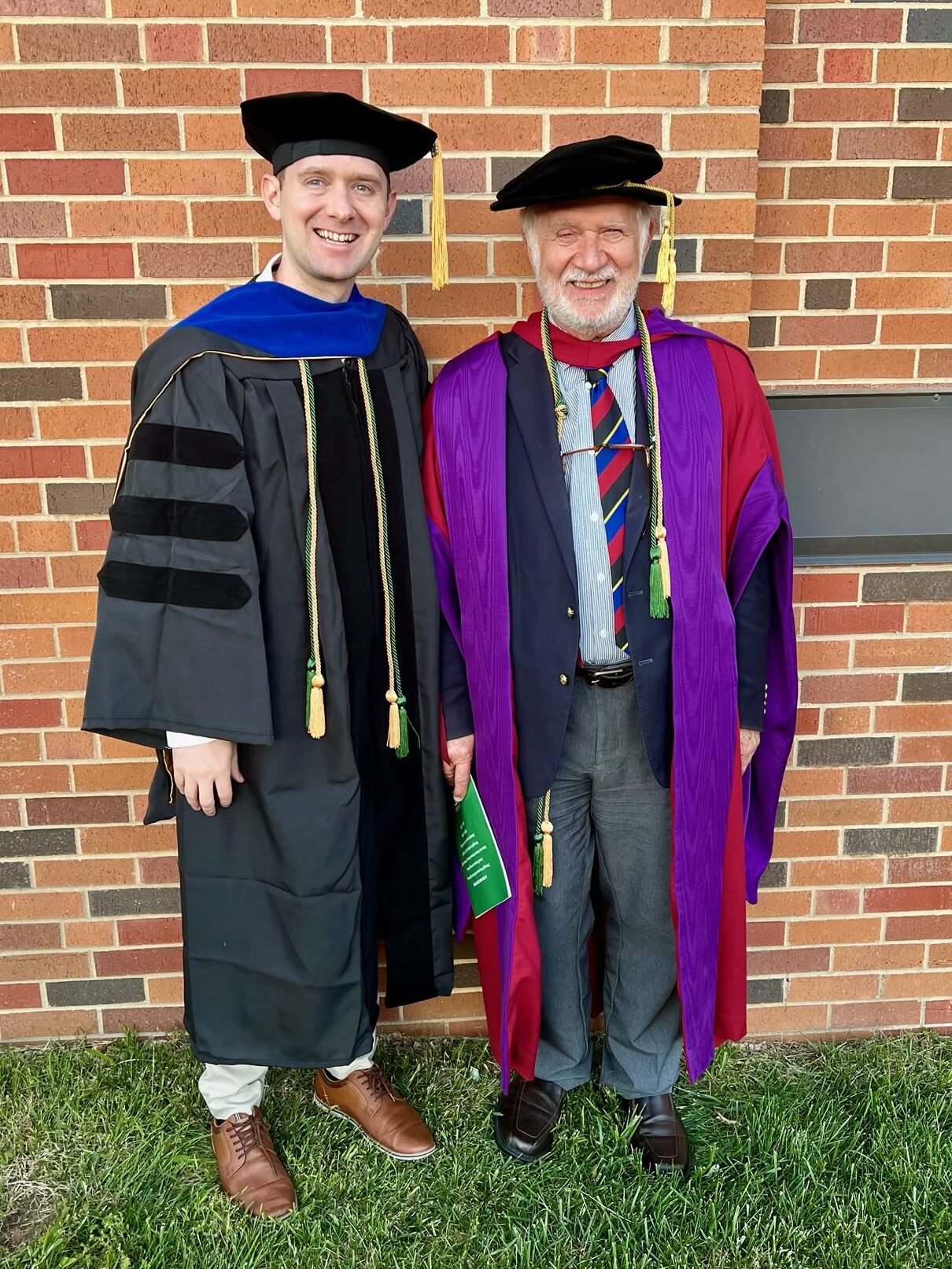
The AI software improves the efficiency of matching donor kidneys to potential recipients. The longer a kidney spends on ice waiting to be matched, the greater chance it will not be able to be placed in time, so it gets discarded. By using OPO data and data from the Organ Procurement and Transplantation Network to model kidney disposition, organizations can more quickly identify those kidneys with a high likelihood for non-use and begin outreach to transplant centers.
Four organizations: Mid-America Transplant, Louisiana Organ Procurement Agency, ARORA (Arkansas) and Lifeshare of Oklahoma are currently integrating the model to improve their kidney use rates.
This lifesaving story began in 2020. Threlkeld is from Orlando, and was looking to get an online Ph.D. after earning a master’s degree at Georgia Institute of Technology, so he reached out to Dagli in systems engineering at S&T.
“We were looking for topics of research. That’s when I got thyroid cancer,” Threlkeld says. “I decided that I wanted to do something to help the community. This health care opportunity showed up, and I said I’m going to dive straight in.”
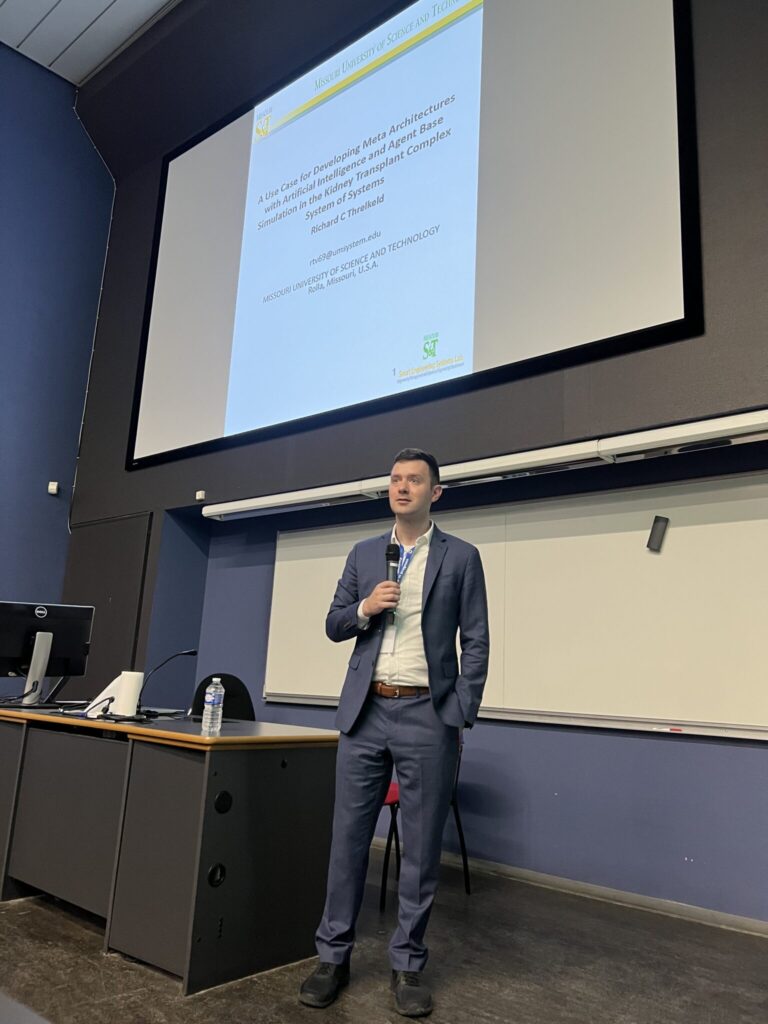
Threlkeld’s cancer was removed and he said people at S&T were very supportive. Now, he gets bloodwork and imaging done every three months to monitor his health and catch cancer early if it returns.
“It pivoted me towards health care,” Threlkeld says. “I am fortunate to have a second chance.”
Turns out, Dagli has a similar story. Years ago, he was diagnosed with cancer and needed a cornea transplant. Luckily, the cancer is now gone.
“I am on the receiving end of donation, so it is very fulfilling to work on this project,” Dagli says. “That experience led me to this project.”
While pursuing his Ph.D., Threlkeld, Ashiku and Dagli created the first model of the AI software. But Threlkeld always wanted to start a business, so from this project he created Valiant AI. He is currently the chief executive officer and Ashiku is the chief technology officer.
The company has an exclusive license to the software, thanks to S&T’s Technology Transfer and Economic Development office. Valiant AI is able to sublicense the software to interested organ procurement organizations across America.
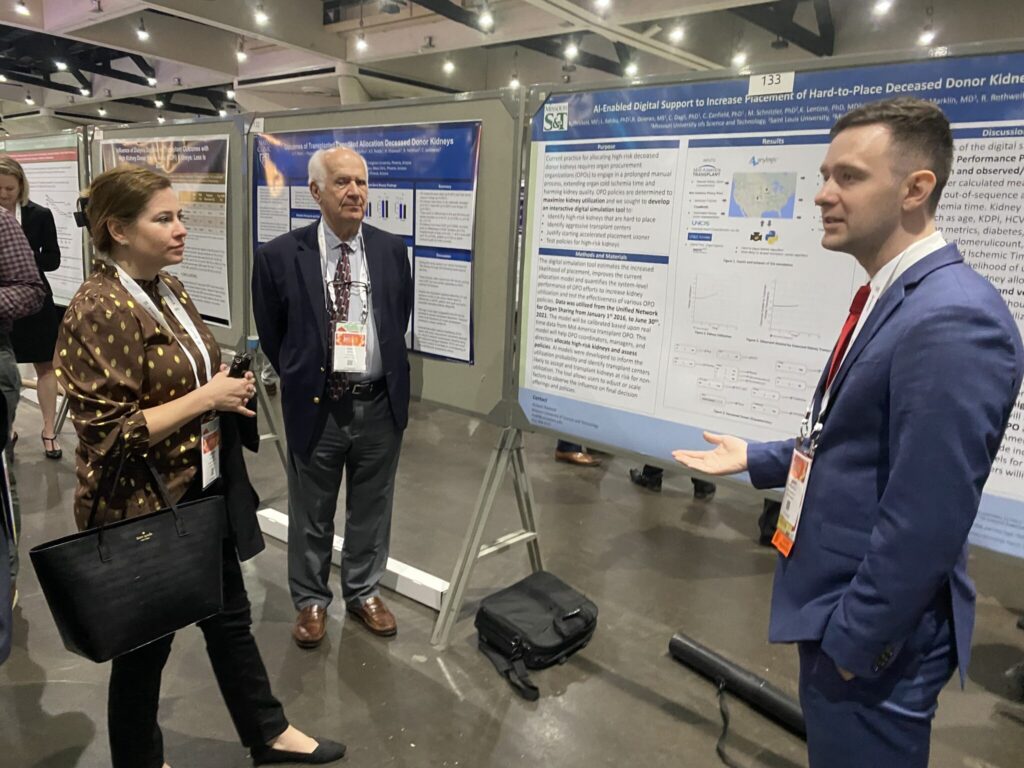
“That’s the great success story about this,” says John Woodson, director of technology transfer and economic development. “Quite often, copyrights don’t get their due, but this is a copyright that saves lives and is being adopted and used rather quickly, expanding its potential impact.”
The software is expected to be adopted in all 50 states.
“It’s very unique for S&T to have this successful copyright without having a medical school,” Dagli says. “Soon, we will have to go international with this.”
Threlkeld hopes his work helps create a world where no one waits for a lifesaving organ transplant.
“If this was adopted nationally, I can conservatively say thousands of kidneys would be saved each year,” Threlkeld says. “That’s thousands more lives saved. The impact is truly incredible.”
About Missouri S&T
Missouri University of Science and Technology (Missouri S&T) is a STEM-focused research university of over 7,000 students located in Rolla, Missouri. Part of the four-campus University of Missouri System, Missouri S&T offers over 100 degrees in 40 areas of study and is among the nation’s top public universities for salary impact, according to the Wall Street Journal. For more information about Missouri S&T, visit www.mst.edu.
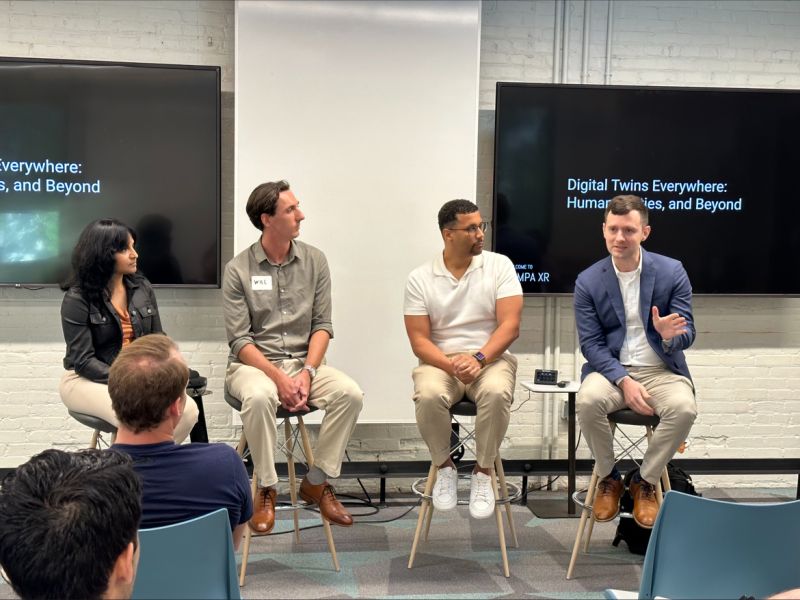
Thanks for shortening the wait time for those awaiting kidney donations! This is an outstanding contribution to those awaiting such donations, and prevents waste of donated kidneys which are near the end of theit usable life span.